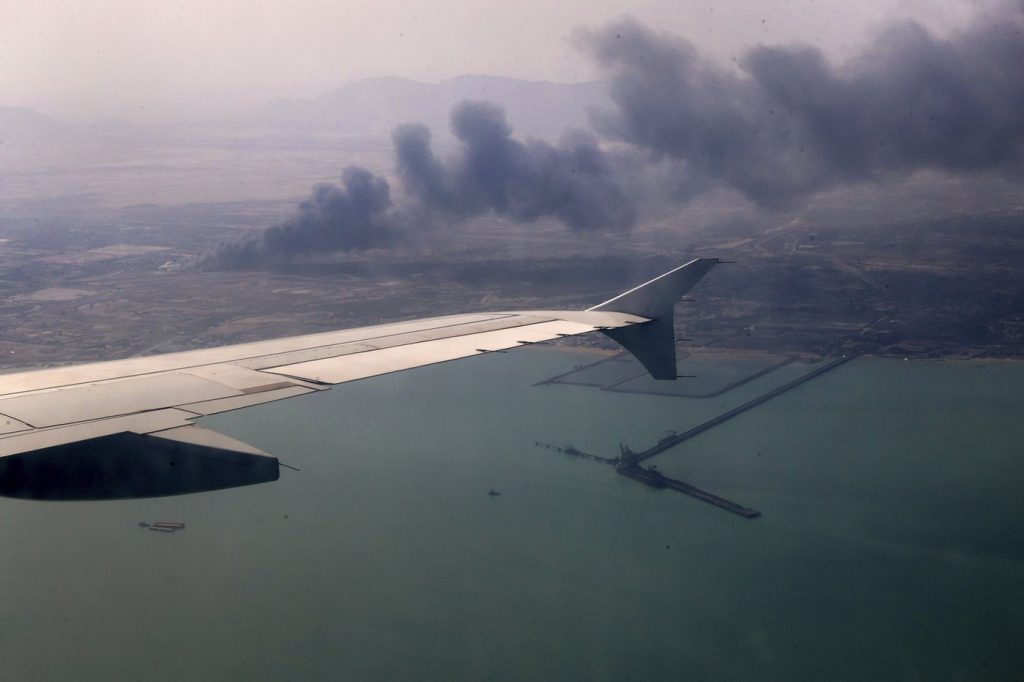DUBAI, United Arab Emirates (AP) – A catastrophic explosion at Shahid Rajaei port near Bandar Abbas, Iran has resulted in a rising death toll, which currently stands at 46 individuals, according to local authorities. This tragic event occurred on Saturday and has sparked widespread concern as the effects of the blast continue to unfold.
As of Monday, Iranian state television reported the updated casualty figures citing information from local officials. The incident has also led to over 1,000 injuries, compounding the tragedy of the situation, with diminished resources to care for the affected population. Notably, this disaster transpired just as Iran was entering a crucial third round of negotiations with the United States regarding its contentious nuclear program.
Despite the scale of the explosion, Iranian authorities have yet to provide a definitive explanation for what caused the blast. Initial reports indicate that a fire persisted at the site two days following the explosion, raising concerns about the handling of materials at one of Iran's primary ports.
Reports from private security firm Ambrey have indicated that the port received a shipment of missile fuel chemical, namely ammonium perchlorate, from China in March. This chemical is integral to the production of solid propellant for rockets and was reportedly intended to replenish Iran's missile stockpiles, which had been depleted due to military actions against Israel amid the ongoing conflict with Hamas in the Gaza Strip. However, the Iranian military has denied ever receiving this chemical shipment, raising further questions about the circumstances surrounding the explosion.
Eyewitness accounts and social media footage captured prior to the explosion depict reddish smoke billowing into the sky, suggesting the involvement of a chemical compound in the blast. Such characteristics have drawn comparisons to previous industrial disasters, notably the devastating Beirut port explosion in 2020, where improper handling of explosive materials led to catastrophic consequences.
As investigations continue, the plight of the victims and their families remains a significant concern, with the incident highlighting the risks associated with the storage and handling of hazardous materials in densely populated and critical infrastructure areas. The Iranian government faces increasing pressure to provide clarity on the events leading to this disaster, not only for accountability but also for public safety and confidence in the management of such vital ports.
The explosion at Shahid Rajaei port stands as a tragic reminder of the potential consequences of mismanagement within critical sectors, especially in the context of international negotiations and regional tensions. Authorities must act swiftly to address the safety measures in place to prevent similar incidents in the future.










